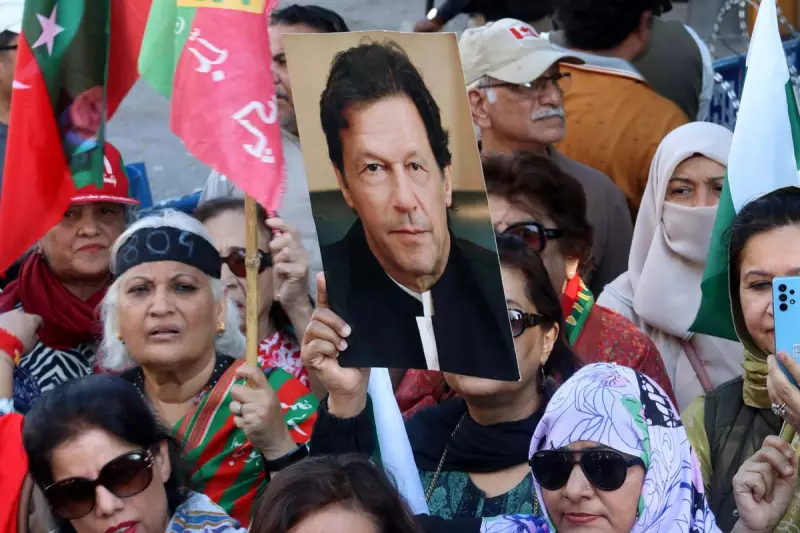
In a significant blow to Pakistan's democratic credentials, a team of Commonwealth election observers has issued a scathing assessment of the country's recent general election, highlighting what they describe as "systematic failures" that undermined the entire electoral process.
A Damning Verdict from International Observers
The Commonwealth team, led by former Nigerian President Dr Goodluck Jonathan, found that the February 8th election fell far short of international standards. Their report points to a troubling pattern of interference that prevented the exercise from achieving genuine credibility.
"The lack of a level playing field was evident throughout the election cycle," the observers noted, highlighting the severe restrictions placed on former Prime Minister Imran Khan's Pakistan Tehreek-e-Insaf (PTI) party. The report specifically condemned the inability of the PTI to campaign effectively or even use its traditional electoral symbol.
Systematic Obstacles and Political Exclusion
The observer mission documented numerous concerning developments:
- Widespread internet and mobile service shutdowns on election day
- Significant delays in vote counting and result announcements
- Legal challenges that prevented PTI candidates from competing under their party banner
- Reports of pressure on journalists and media organisations
Dr Jonathan emphasised that while election day itself was relatively peaceful, the pre-election environment had been severely compromised. "The legal processes before the elections put the credibility of the process at stake," he stated.
Broader Implications for Pakistan's Democracy
The Commonwealth's findings add to growing international concern about Pakistan's political stability. The election, which resulted in a hung parliament, has failed to produce a clear mandate, leaving the country in a state of prolonged political uncertainty.
The report comes at a sensitive time for Pakistan, which continues to grapple with severe economic challenges and security concerns. The Commonwealth has urged all political actors to engage in peaceful dialogue to resolve their differences through established democratic processes.
This critical assessment from a respected international body raises serious questions about the future of democratic governance in Pakistan and its standing within the Commonwealth community of nations.





